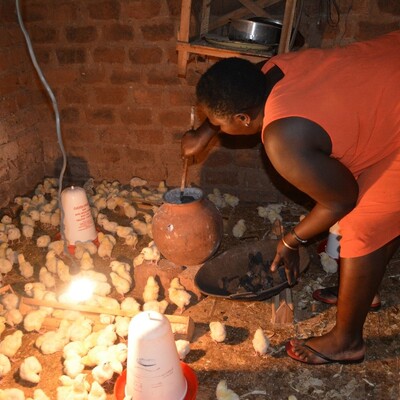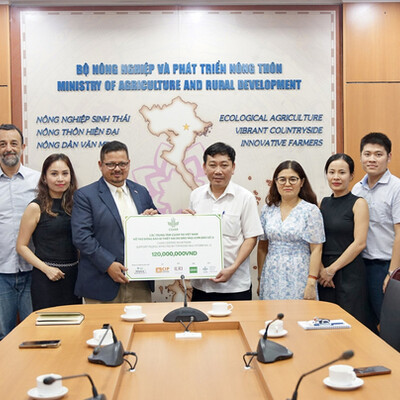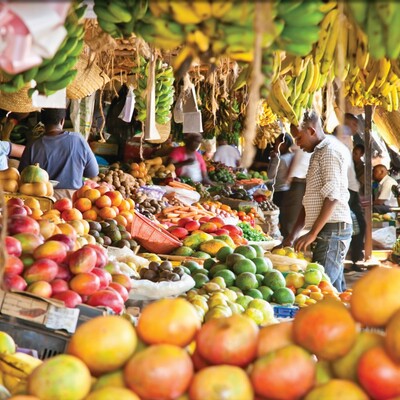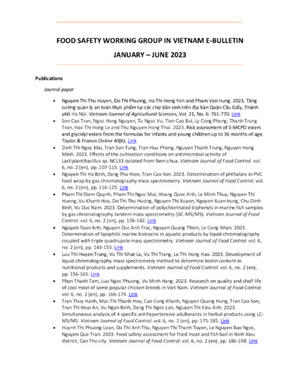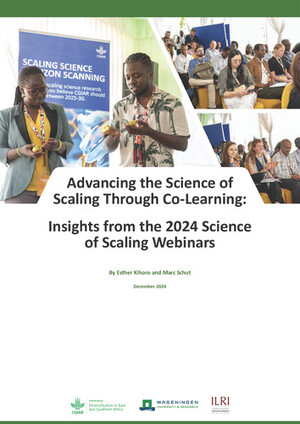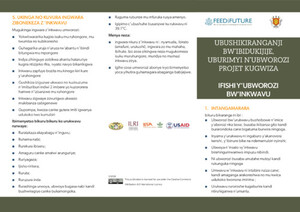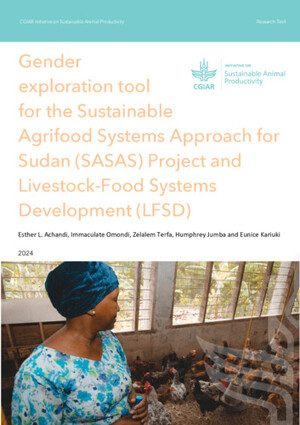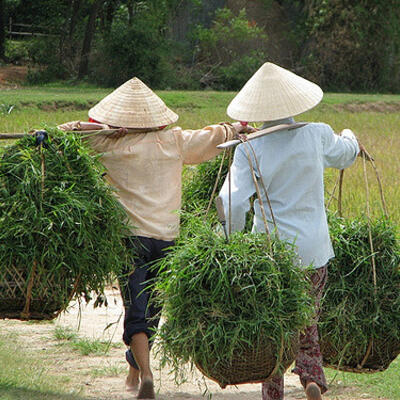
ILRI’s scientists receive the African Academy of Science and Royal Society FLAIR Fellowship
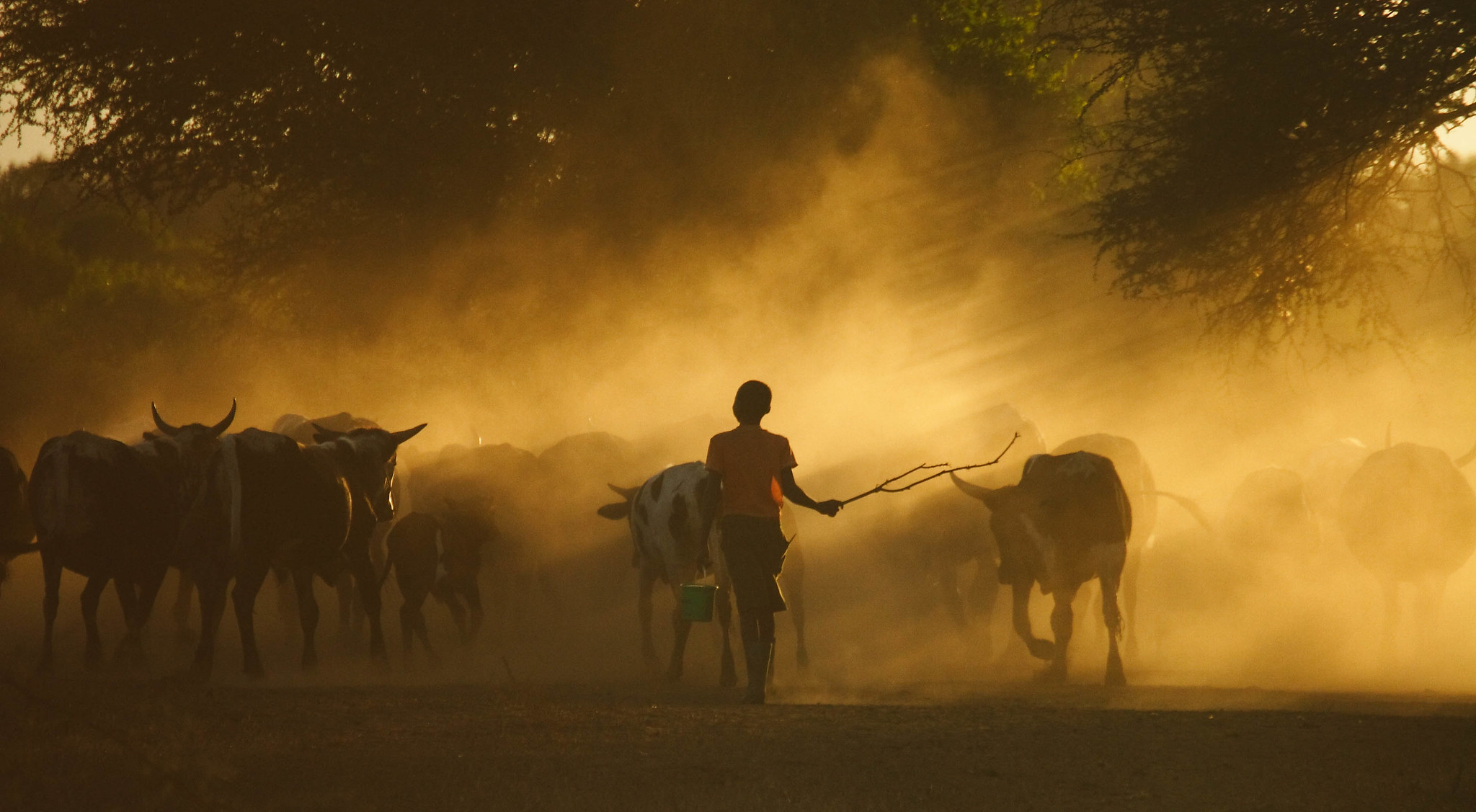 Cattle coming in from the fields in the evening in Lhate Village, Chokwe, Mozambique (photo credit: ILRI/Stevie Mann).
Cattle coming in from the fields in the evening in Lhate Village, Chokwe, Mozambique (photo credit: ILRI/Stevie Mann).
The Royal Society is a fellowship of the world’s most eminent scientists and is the older scientific academy in continuous existence. The African Academy of Sciences (ASS) and Royal Society, yesterday, announced the recipients of the second cohort of Future Leaders- African Independent Research (FLAIR) supported by UK’s Global Challenges Research Fund (GCRF). Of the 30 outstanding early-career African scientists whose science focuses on the needs of the continent, and helps researchers establish independent careers and develop their own research groups, two researchers are based at the International Livestock Research Institute (ILRI). Lilian Wambua and Abel Gari joined this prestigious list of awardees who each received up to £300,000 to conduct research over two years.
Lillian Wambua who was born and raised in Makueni County in southeastern Kenya, grew up watching her parents supplement their income by carrying out livestock farming. As a young girl she too learnt how to rear chickens to get some pocket money. Years passed on and now as a molecular biologist at ILRI, she works on zoonoses and antimicrobial resistance and is passionate about bridging the existing gaps in diagnostics to provide access to simple and rapid tests that can be used in low-income settings in sub-Saharan Africa. Infections from antimicrobial-resistant bacteria are increasing in Africa and the current systems for diagnosis are time-consuming, expensive and vulnerable to contaminations. Wambua plans to first develop and then deploy prompt and sensitive diagnostic tests to address these shortcomings.
For Lillian this fellowship has provided a pathway to progressively advancing her career towards building and leading a research group working on antimicrobial resistance and zoonotic diseases. ‘It gives me the opportunity to leverage all the skills and experiences I have garnered so far in my career to contribute towards solutions for the global threat of antimicrobial resistance,’ she said. In the absence of proper interventions, infections with drug-resistant microbes will cause over 50 million deaths per annum by the year 2050, with 70% of these deaths predicted to be in sub-Saharan Africa.
Now is the time to act. As an African scientist, I look forward to making a contribution to the scientific discourse on antimicrobial resistance, but also to developing diagnostic solutions suited for the African continent. – Lillian Wambua.
Abel Gari was born and brought up in Addis Ababa, Ethiopia, and has been passionate about science ever since he was young. As a younger undergraduate, Dolly the sheep was the introductory course to genetics which was a big influence on pursuing his passion for applied genetics. He has been working on various research endeavors, such as characterizing genetic resources of crops, including forages as well as working on a project to develop genomic tools for tropical forages to improve the below par performance of the livestock industry. ‘The overall objective of the current project is to develop a genomic database for Napier grass, a feedstock for the bovine industry in sub-Saharan African which will enable breeders at the national agricultural research institutes to apply advanced plant breeding procedures such as genomic selection and marker assisted breeding in their projects.’ says Gari.
I envisage contributing in the long-term to the scientific objectives in forage grass improvement in sub-Saharan Africa and building partnerships between academic communities at the national agricultural research institutes, those in UK, and China to enhance the research and innovations capacity for all. – Abel Gari
For more information:
- The next round of FLAIR applications is currently open and will close on 27 May 2020. For more details about eligibility and how to apply here.
- For more work on ILRI’s zoonotic disease read this.
- Find out more about research in antimicrobial resistance at CGIAR AMR Hub








